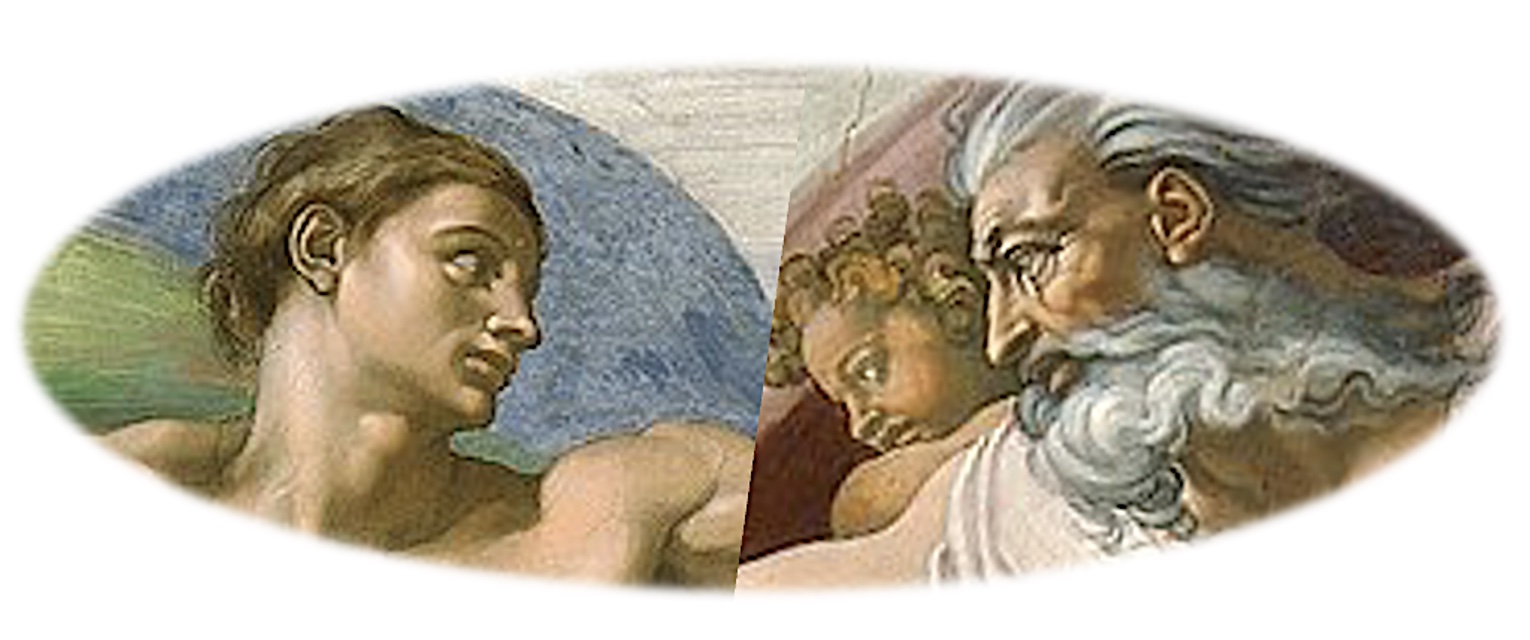A new “American values” survey from the Public Religion Research Institute (PRRI) finds that Americans are pessimistic: 77% of us believe the country is headed in the wrong direction. A substantial minority think political violence can be justified. And 23% of Americans agree that “because things have gotten so far off track, true American patriots may have to resort to violence in order to save our country.”
This is a dangerous development. It can seem that everything is broken. In Congress, they are throwing elbows. The former president is on trial for fraud, defamation and attempting to subvert our democracy. The University of Michigan football team cheated. And war continues to kill innocents.
All of this can be overwhelming. When things grow dark, it is tempting to lose hope. But hopelessness is not warranted. Nor is it prudent. When hope evaporates, malice festers and violence appears on the horizon.
The ugliness of the moment is dispiriting. The worse things stink, the more it seems that everything is rotten. But it is better to smell the taint than to keep it hidden.
This is the paradox of our evolving moral sensibility. In the bad old days, corruption and iniquity were ignored or accepted as normal. In the 21st century, even minor misdeeds become magnified. But this can cause us to lose faith in humanity.
Consider the Kevin McCarthy elbow incident. The former speaker of the House supposedly elbowed Rep. Tim Burchert in the back. Burchert was one of the Republicans who voted to oust McCarthy as speaker. If the accusations are true, McCarthy behaved badly. Resorting to physical violence is always stupid and immature.
The “good news” is that as soon as the elbow was thrown, it was known. And folks piled on with outrage. Rep. Matt Gaetz called for an ethics inquiry. Gaetz was himself the subject of a prior ethics inquiry. His call for an elbow-inquiry prompted McCarthy to say, “I think Ethics is a good place for Gaetz to be.”
These tit-for-tat accusations are silly and sad. It can cause us to lose faith in wisdom and virtue. But again, the good news is when people behave badly, we see it — and rightfully condemn it. The McCarthy elbow incident shows us how not to behave. Something like this is also occurring with the Trump trials, the Michigan cheating scandal, and so on.
The moral lessons of the moment are clear. Keep your elbows to yourself. Don’t lie about your assets or about election results. Cheaters get caught. And violence is stupid.
The crises of the present are “teachable moments.” There are moral lessons and legal case studies all around us. This is an opportunity to remind ourselves about the need for honor, integrity, self-control and compassion.
These basic lessons are not a panacea. It is not easy to root out the rot. Bad things will continue to happen. It can take a long time to bring facts to light. But the process of shedding light on evil does happen. Sometimes bad guys get away with their crimes — for a time. But the slow wheels of justice and truth keep turning.
Seeing all of this rottenness can lead decent people to lose heart. So, we must guard against despair. Human beings can be wicked. But we can learn from our mistakes. We can reform our institutions and our souls. We can get better. Despair and violence only make things worse.
The philosopher Immanuel Kant said that humanity is constructed out of “crooked timber.” It is too much to hope that the warped wood of humanity can be made perfectly straight. But we can learn and improve.
The work of moral improvement is painstaking. Violence is appealing because it is spectacular and quick. But violence does not make anyone better. Instead of violence, we need virtue. We improve our humanity by holding fast to morality and by applying reason and ingenuity to our problems.
The process of improvement demands that we confront the corruption around us. We must call out evil and stupidity when we see it. But rather than dwelling in the mud, we should seek higher ground. We overcome despair by understanding our duty to improve our humanity despite the wickedness of the world.
Read more at: https://www.fresnobee.com/opinion/readers-opinion/article281997683.html#storylink=cpy




